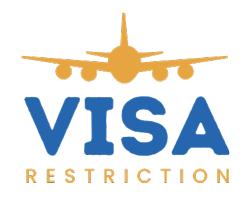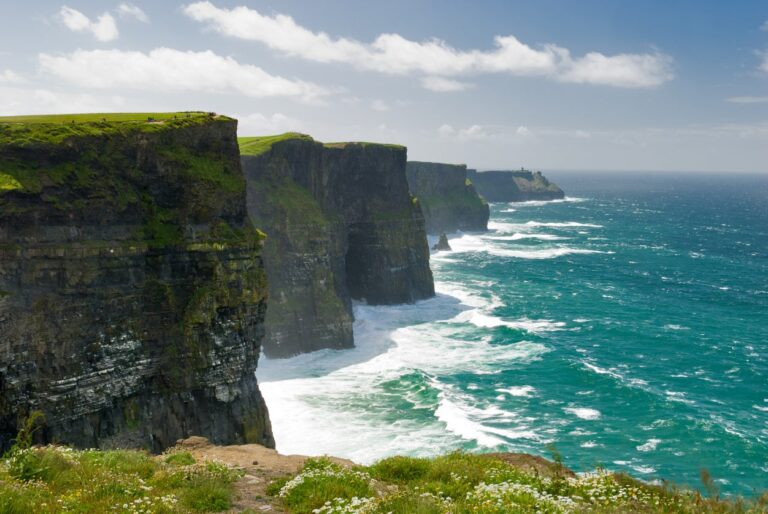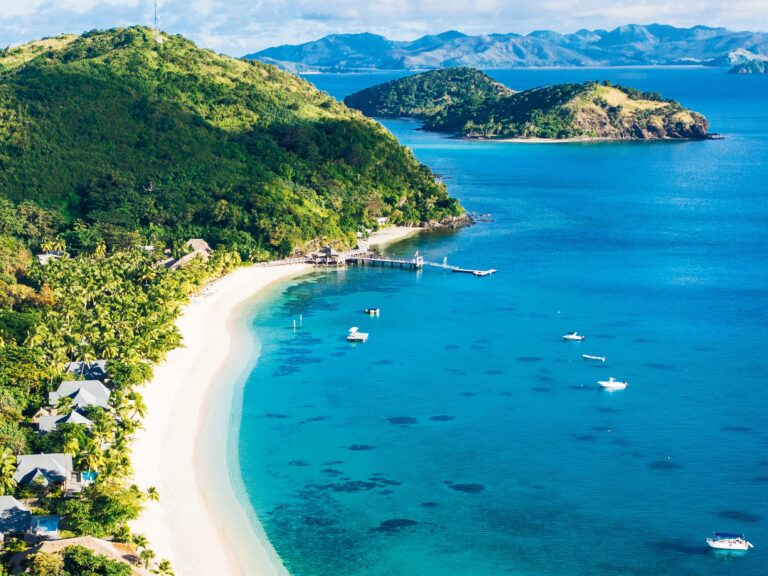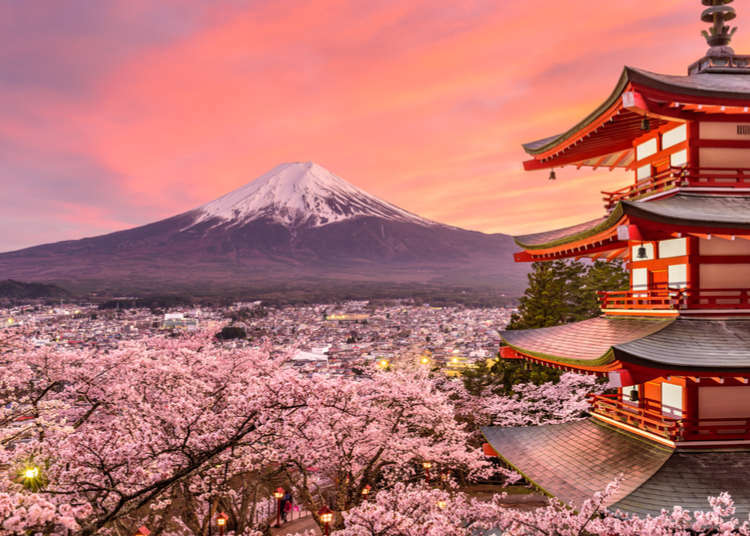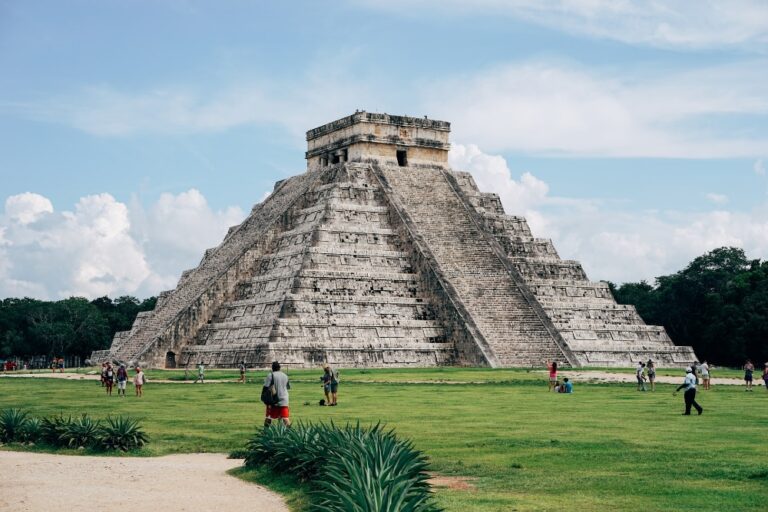Is Indonesia Safe to Travel To: Island Guide
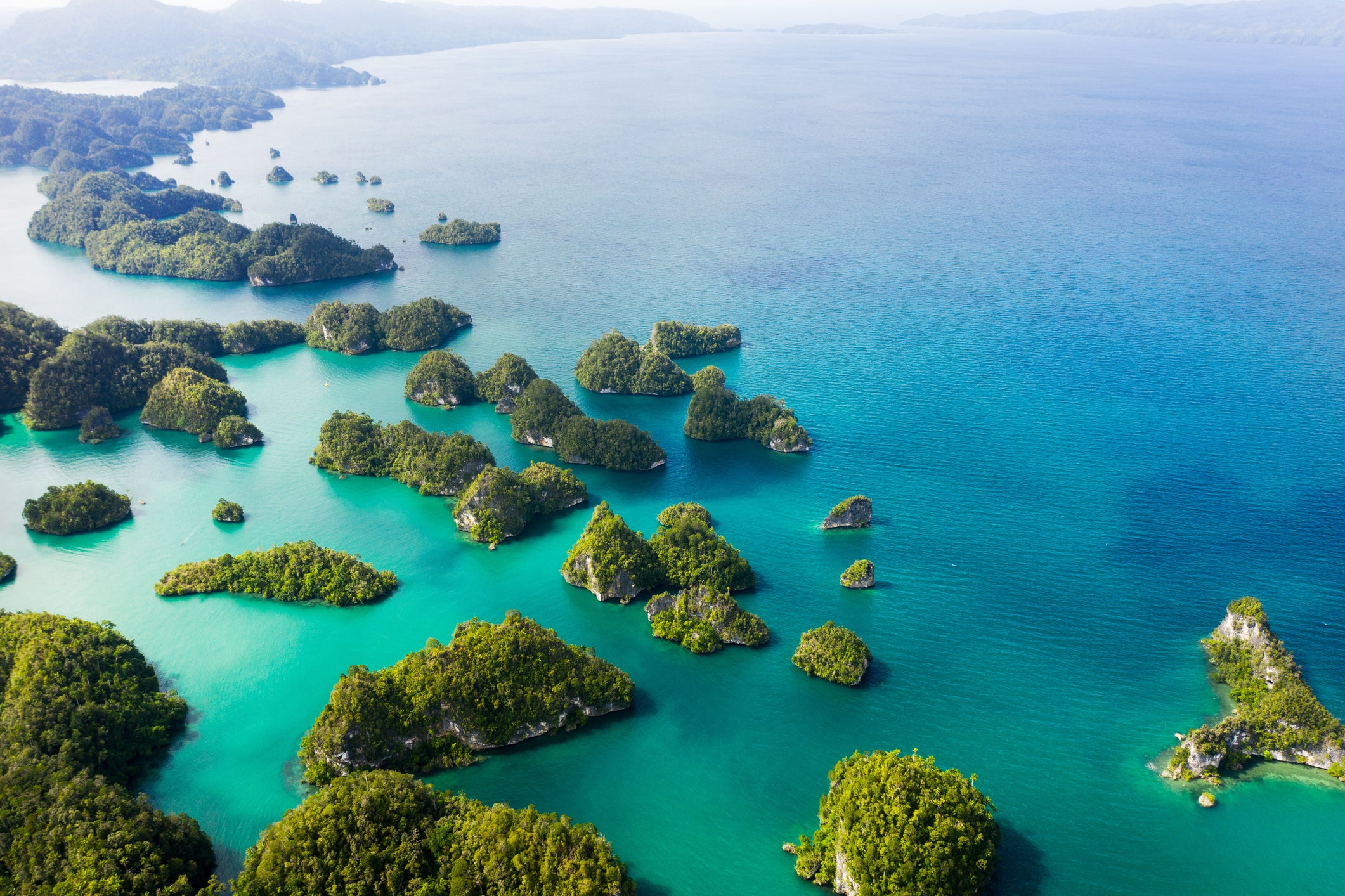
Safety in Indonesia
Emergency Contact Information
When traveling in Indonesia, having access to emergency numbers is essential. In case of any general emergency, you can dial 112. This number connects you to essential emergency services, ensuring you get the help you need quickly.
Here is a list of important emergency contacts in Indonesia:
| Service | Number |
|---|---|
| General Emergencies | 112 |
| Police | 110 |
| Fire Department | 113 |
| Ambulance | 118 / 119 |
For medical emergencies, dialing 118 / 119 will connect you to an ambulance service. Always note these numbers and have them accessible during your travels.
Safety Overview
Indonesia is generally considered a safe destination for tourists, expats, and locals alike (Quora). Popular tourist destinations such as Jakarta, Semarang, Surabaya, and Bali are known for their welcoming environments. However, there are a few safety precautions to be aware of:
- Street Food Hygiene: While indulging in local cuisine is a part of the travel experience, always be cautious about street food hygiene to avoid food-borne illnesses.
- Traffic Challenges: Indonesia’s traffic can be chaotic, especially in urban areas. Be vigilant when crossing streets and consider using reputable transportation services.
- Wild Animals: In remote areas, avoid contact with wild animals to prevent any harm or transmission of diseases.
While violent crimes like murder or kidnapping are rare, petty crimes such as overcharging and pickpocketing can occur.
Indonesia is prone to a range of natural disasters, including earthquakes, tsunamis, volcanic eruptions, and severe weather events. It’s crucial to stay informed by monitoring local news and understanding the evacuation plans specific to your location.
| Natural Disaster | Frequency |
|---|---|
| Earthquakes | Common |
| Tsunamis | Possible |
| Volcanic Eruptions | Occasional |
| Severe Weather | Seasonal |
For more details on staying safe during natural disasters, refer to our article on common natural disasters and safety measures for travelers.
Despite these concerns, millions of tourists visit Indonesia every year and have safe and enjoyable trips. Staying aware and taking basic precautions can help you navigate any potential risks. For travel advisories specific to Indonesia, you can visit Travel State.
For comparison, you might also consider reading about safety in other popular destinations such as is it safe to travel to mexico, is it safe to travel to jamaica, or is it safe to travel to colombia.
Crime in Indonesia
When considering is Indonesia safe to travel to, it’s crucial to understand the crime landscape. This section provides insights into crime rates in urban areas and types of common crimes.
Crime Rates in Urban Areas
Indonesia’s crime rates are generally lower than those in many large Western cities. However, urban areas, particularly Jakarta, have higher concentrations of criminal activities.
| City | Crime Index | Safety Index |
|---|---|---|
| Jakarta | 53.46 | 46.54 |
| West Jakarta | High | Low |
According to Quora, Jakarta has experienced various crime incidents, including pickpocketing, mugging, and harassment, especially at night. Areas like West Jakarta, known for its nightlife and industrial zones, report higher crime rates.
Types of Common Crimes
In Indonesia, several types of crimes are prevalent, particularly in urban areas. Here’s a rundown of the most common crimes:
-
Theft and Pickpocketing: These are common in crowded areas such as markets, restaurants, and public transportation hubs. Always keep your belongings secure and be vigilant (Anywhere).
-
Residential Break-ins and Robberies: These incidents occur in both residential and commercial properties. Ensure your accommodation has proper security measures in place.
-
Personal Robberies: Tourists should be cautious in less populated or poorly lit areas, especially during nighttime. It’s advised to avoid showing expensive items in public.
-
Harassment and Bullying: Incidents of harassment and bullying have been reported, particularly targeting foreigners. Keeping a low profile can help mitigate these risks.
-
Gang Violence: Although less common, gang-related activities have been noted, especially in urban nightlife districts.
| Type of Crime | Common Areas | Precautions |
|---|---|---|
| Pickpocketing | Crowded areas, Restaurants, Bars | Keep belongings secure |
| Residential Break-ins | Urban Apartments, Hotels | Choose secure accommodations |
| Personal Robberies | Poorly lit and secluded areas | Avoid such areas, especially at night |
| Harassment/Bullying | Various urban settings, especially at night | Maintain a low profile |
| Gang Violence | Nightlife districts | Stay within safe zones |
For specific safety tips on avoiding these types of crimes, refer to our section on tips for straightening curly hair.
By understanding the common crime rates and types of crimes in Indonesia, travelers can better prepare and take necessary precautions for a safer trip. For more information on overall safety, you can explore our discussion on is it safe to travel to Brazil.
Terrorism and Civil Unrest
Indonesia, like many countries, faces challenges related to terrorism and civil unrest. Understanding these risks is essential for ensuring your safety during your visit.
Risks of Terrorism
There is a persistent threat of terrorism in Indonesia. Terrorist cells are active and capable of executing attacks across the country. Areas frequented by tourists, such as hotels, public spaces, and Western-oriented establishments, are common targets. Notable incidents have occurred in Bali and Jakarta, aiming at Westerners (Travel Canada).
| Location | Risk Level |
|---|---|
| Bali | High |
| Jakarta | High |
| Other Urban Areas | Moderate |
Visitors should be vigilant, especially during religious holidays and public celebrations, as these are periods when attacks are more likely to occur.
Strategies for Mitigation
Planning ahead and taking certain precautions can significantly reduce your risk of encountering terrorism and civil unrest. Here are some strategies to consider:
- Avoid High-Risk Areas: Steer clear of crowded tourist spots, especially those with inadequate security measures, and avoid public demonstrations.
- Choose Safe Accommodations: Stay in hotels with robust security protocols, including surveillance systems, security personnel, and limited entry points. This reduces the probability of being a target.
- Stay Informed: Regularly check travel advisories and local news for updates on potential risks. This can help you avoid areas experiencing unrest or deemed high-risk.
| Safety Measures | Details |
|---|---|
| Avoid high-risk areas | Especially crowded places and public demonstrations |
| Stay in secured accommodations | Hotels with surveillance and security staff |
| Stay informed | Regular updates on travel advisories and local news |
To further ensure your safety, consider visiting our guides on is turkey safe to travel and is thailand safe to travel, which offer additional insights on mitigating risks while traveling.
By taking these precautions, you can significantly improve your safety and enjoy your trip to Indonesia.
Drug Laws and Risks
Understanding and adhering to Indonesia’s strict drug laws is crucial for any traveler. The penalties for drug-related offenses are severe, and the risks associated with violating these laws can be life-changing.
Strict Drug Laws
Indonesia is renowned for its stringent drug laws. The country has zero tolerance for drug offenses, and the consequences are severe. Indonesian law enforces harsh punishments for drug possession, use, and trafficking. In some cases, offenders may face the death penalty, particularly for drug trafficking (Anywhere).
It’s essential for travelers to be aware of the presence of some drugs, like magic mushrooms and other harder substances, in certain nightlife venues. Even recreational use can lead to significant legal repercussions, making it vital to steer clear of any drug-related activities.
Risks of Drug-Related Activities
Engaging in drug-related activities in Indonesia can have severe consequences. The country’s law enforcement officials are known for their strict implementation of drug laws. Instances of entrapment, where individuals are lured into drug-related activities only to be arrested, are not uncommon. These situations can lead to long periods of detention, hefty fines, extended judicial processes, and even the death penalty for severe offenses (Anywhere).
Being aware of the risks and legal consequences is essential for staying safe. Understanding that even minor violations can lead to severe penalties will help in making informed decisions about your activities while in Indonesia.
| Drug Type | Risk Level | Legal Consequence |
|---|---|---|
| Possession | High | Long-term imprisonment, hefty fines |
| Use | High | Imprisonment, fines |
| Trafficking | Very High | Death penalty, life imprisonment |
For more information on traveling safely and avoiding risks in Indonesia, you may want to read about natural disaster precautions, terrorism and civil unrest, and government travel advisories.
When planning your trip, keeping these guidelines in mind can help ensure a safe and enjoyable visit to Indonesia. For further details, check resources like Travel.State.Gov and Travel.gc.ca for up-to-date travel advisories and tips.
Natural Disaster Precautions
Traveling to Indonesia can be a wonderful experience, but it’s important to be prepared for natural disasters. Here are some key considerations.
Common Natural Disasters
Indonesia is located in a highly active seismic zone, making it susceptible to a range of natural disasters. Here’s a look at some of the most common:
- Earthquakes: Indonesia is frequently affected by earthquakes due to its location on the Pacific Ring of Fire.
- Tsunamis: Earthquakes can trigger tsunamis, resulting in devastating floods and destruction.
- Volcanic Eruptions: Indonesia has numerous active volcanoes that can erupt and cause danger.
- Severe Weather Events: Heavy rains can lead to flooding and landslides, particularly during the rainy season.
| Type of Disaster | Frequency | Impact |
|---|---|---|
| Earthquakes | Frequent | Ground shaking, structural damage |
| Tsunamis | Moderate | Coastal flooding, widespread damage |
| Volcanic Eruptions | Moderate | Lava flows, ash clouds |
| Severe Weather | Seasonal | Flooding, landslides |
It’s essential to familiarize yourself with these risks and understand the potential impact on your travel plans.
Safety Measures for Travelers
To stay safe while traveling in Indonesia, consider the following precautions:
- Stay Informed: Always monitor local news for updates on weather and seismic activity. Websites like Travel.gc.ca offer timely information.
- Know Evacuation Plans: Familiarize yourself with local evacuation routes and procedures. Most hotels and local authorities provide information on what to do in case of an emergency.
- Emergency Contacts: The emergency contact number in Indonesia for general emergencies is 112 (Indonesia Travel).
- Proper Gear: Carry necessary emergency gear such as a flashlight, a whistle, and a first-aid kit.
- Insurance: Ensure you have comprehensive travel insurance that covers disruptions and cancellations due to natural disasters.
- Location Awareness: Stay aware of your surroundings, especially near coastal areas or active volcanoes. Know the nearest high ground in case of a tsunami warning.
For more detailed information on staying safe in Indonesia, check out our guides on is it safe to travel to thailand and is peru safe to travel to.
Staying prepared and informed can significantly enhance your safety and ensure a more enjoyable trip to Indonesia. Plan ahead and stay vigilant while exploring this beautiful country.
Travel Advisory Information
Government Advisories
When planning your trip to Indonesia, it’s crucial to stay updated with government travel advisories to ensure your safety. According to the Travel.State.Gov, certain areas in Indonesia, like Central Papua and Highland Papua, are classified under Level 4: Do Not Travel due to violent demonstrations, conflict risks, and the potential for injury or death. These advisories are essential for avoiding regions where your safety could be compromised.
Travelers are also advised to exercise increased caution throughout Indonesia because of terrorism and natural disasters. Terrorism threats may include possible attacks on police stations, places of worship, hotels, bars, nightclubs, markets, and restaurants. Additionally, natural disasters such as earthquakes, tsunamis, or volcanic eruptions can disrupt transportation, infrastructure, sanitation, and health services (Travel Advisory – Indonesia).
Furthermore, even with effective counterterrorism measures in place, terrorist cells remain active in Indonesia. Past attacks have targeted hotels, airports, shopping areas, places of worship, and embassies. It’s advised to stay in hotels with robust security measures and to be extra vigilant during religious holidays and public celebrations.
| Advisory Level | Description |
|---|---|
| Level 1 | Exercise Normal Precautions |
| Level 2 | Exercise Increased Caution |
| Level 3 | Reconsider Travel |
| Level 4 | Do Not Travel |
Specific Cautionary Regions
While Indonesia is generally considered safe, certain regions require specific caution. It’s important to be aware of these areas for your overall safety:
Central Papua and Highland Papua
These regions are categorized under Level 4: Do Not Travel due to the presence of violent demonstrations and the risk of armed conflict. Armed separatist groups may pose a threat, including the potential for kidnapping foreign nationals. The U.S. government advises against travel to these areas and highlights the limited emergency services available.
| Region | Advisory Level | Reasons |
|---|---|---|
| Central Papua | Level 4 | Risk of violent demonstrations, armed conflict |
| Highland Papua | Level 4 | Presence of armed separatists, kidnapping threat |
Jakarta
While Jakarta is generally safe for tourists, it’s advised to exercise increased caution in certain parts of the city. Precautions include recording the embassy’s number, being mindful of opportunities for crime, and avoiding walking alone at night, especially in areas like Blok M.
For a detailed understanding of other safe countries and areas, you can explore similar travel safety topics like is it safe to travel to el salvador, is it safe to travel to prague, or is it safe to travel to jamaica.
By following these advisories and being vigilant, you can enjoy a safe and memorable trip to Indonesia. Stay updated, stay safe!
